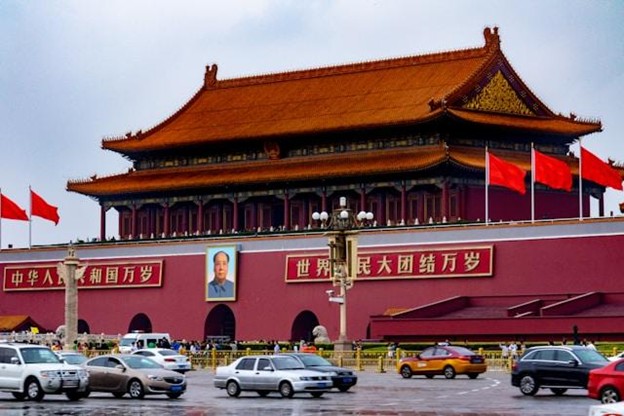Canadian canola farmers are facing a major market shock after China imposed a massive 75.8% preliminary duty on canola seed imports from Canada, effectively shutting off the country’s largest customer and triggering fears of a brutal autumn for grain sales.
The surprise move, part of an anti-dumping investigation, has already sent shockwaves through Canada’s agricultural sector. Grain buyers have pulled their bids for upcoming months, leaving farmers uncertain about where they’ll sell their harvest.
“It throws everything into confusion,” said Dale Leftwich, policy manager for SaskOilseeds, which represents Saskatchewan’s oilseed growers. “It’s a huge hit.”
China isn’t just another buyer; it is by far Canada’s biggest canola seed market. In 2024, Canada exported nearly C$5 billion ($3.63 billion) worth of canola products to China, with about 80% of that being seed.
If the steep duties remain in place, experts say Chinese imports of Canadian canola seed could all but disappear. That’s a devastating prospect for farmers already facing thin margins and high costs.
Following the announcement on Tuesday, canola futures dropped as much as 6.5%, hitting a four-month low. Traders warn prices could slide further if the tariffs stay in place.
China has not said how long the duties will last. A final decision is expected in September, but the fact that preliminary tariffs are already in force has some market watchers fearing the dispute could drag on.
The timing couldn’t be worse. Canada’s canola crop is just days or weeks from harvest, meaning farmers need to sell quickly to pay for costly inputs like fertilizer, much of which was bought on credit.
Saskatchewan farmer Chris Procyk described the mood after learning the news over his morning coffee:
“This is the worst possible time.”
Grain elevator companies, which store and ship crops for export, are also in a bind. With no clear path to moving seed to China, many are reluctant to buy from farmers until the trade picture clears.
Canada’s canola farmers have been blindsided at the peak of harvest season.
Unless the tariffs are lifted quickly, the fallout could extend from rural Saskatchewan to the broader Canadian economy, and the clock is ticking.



